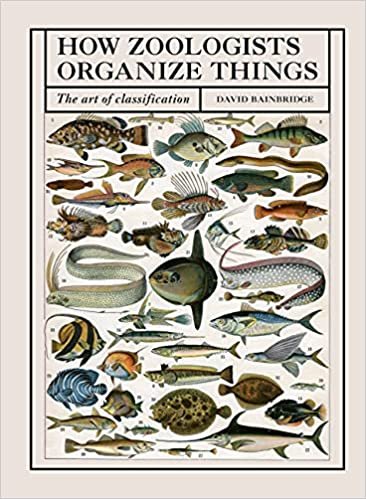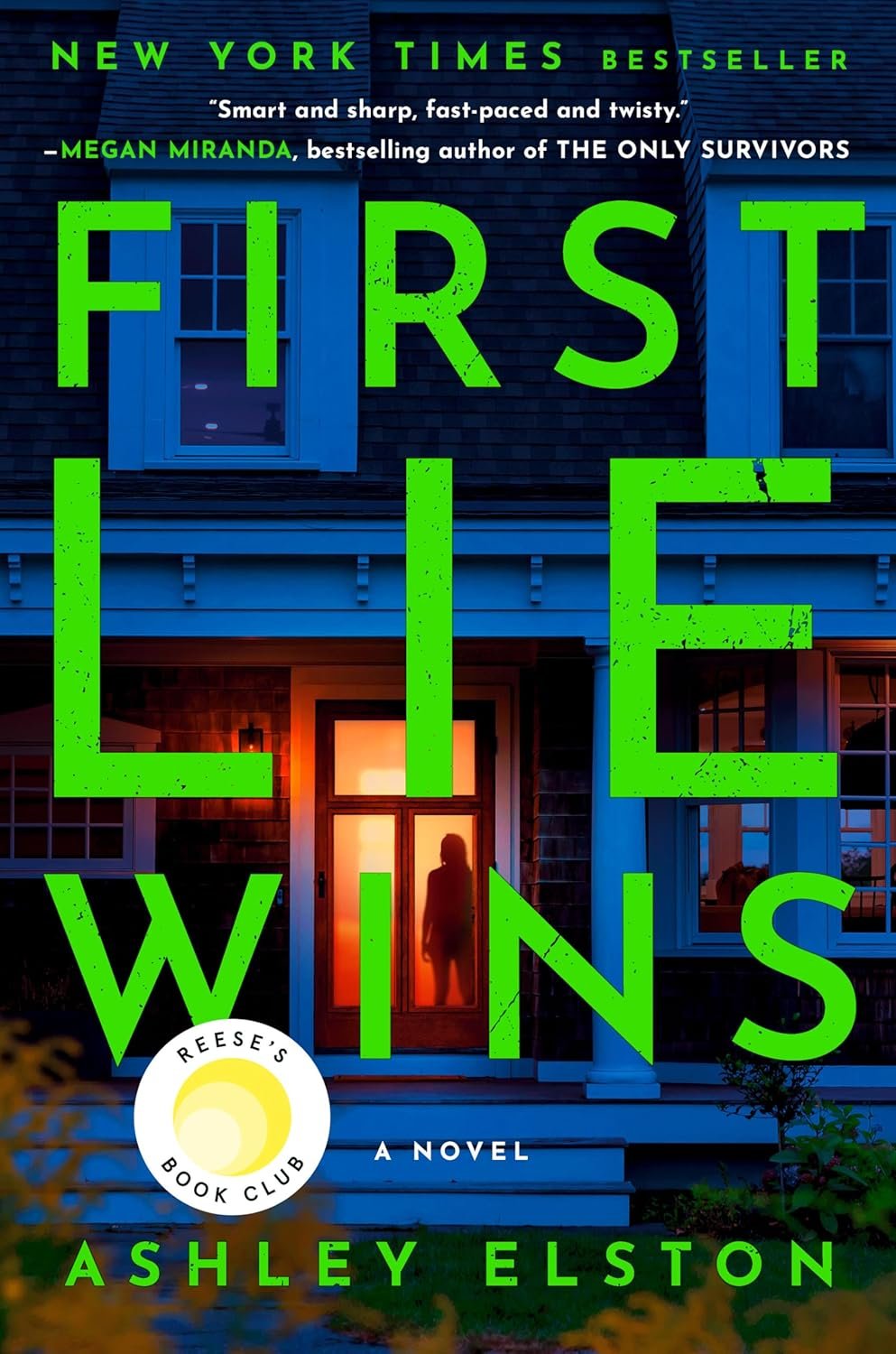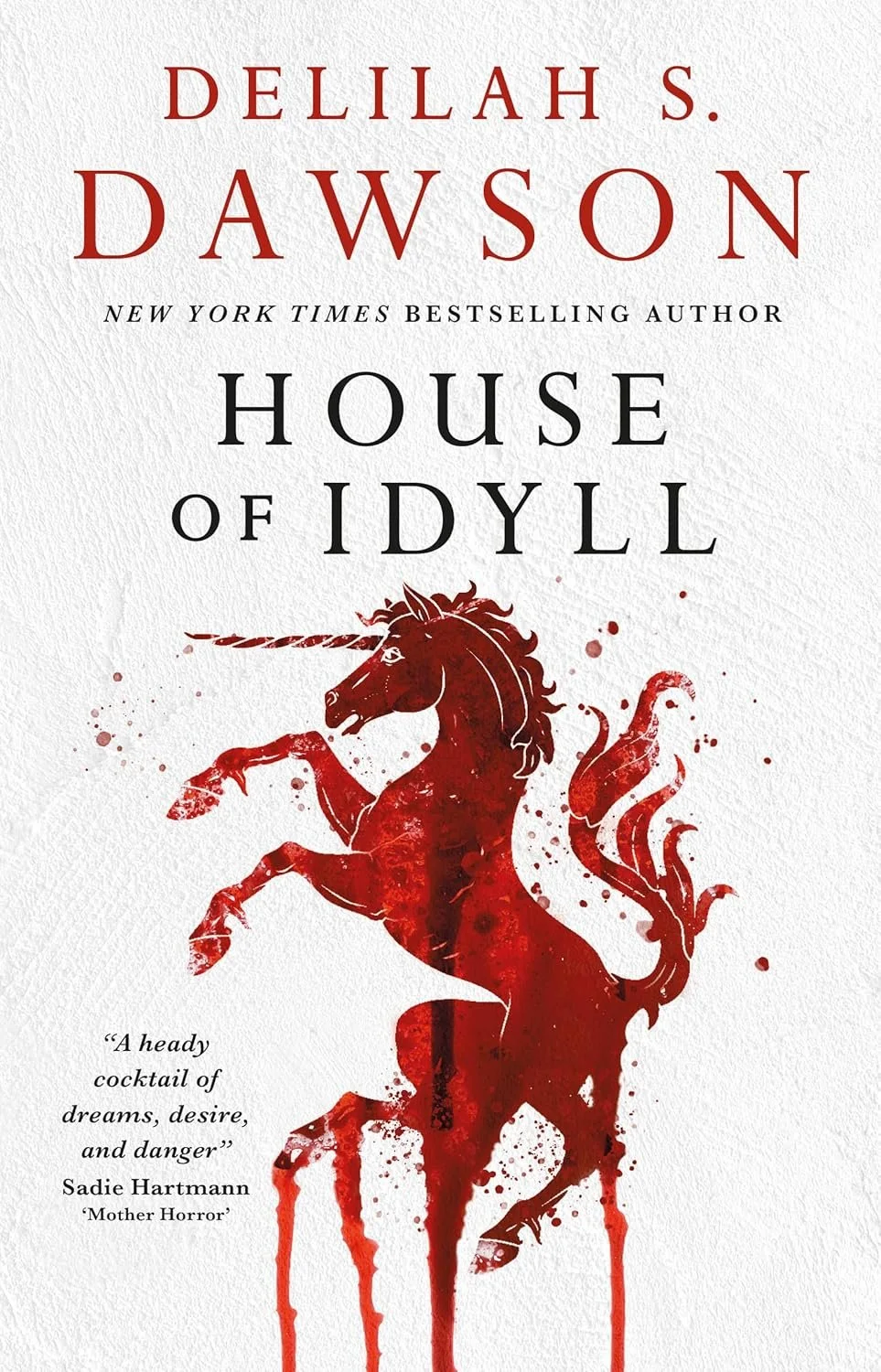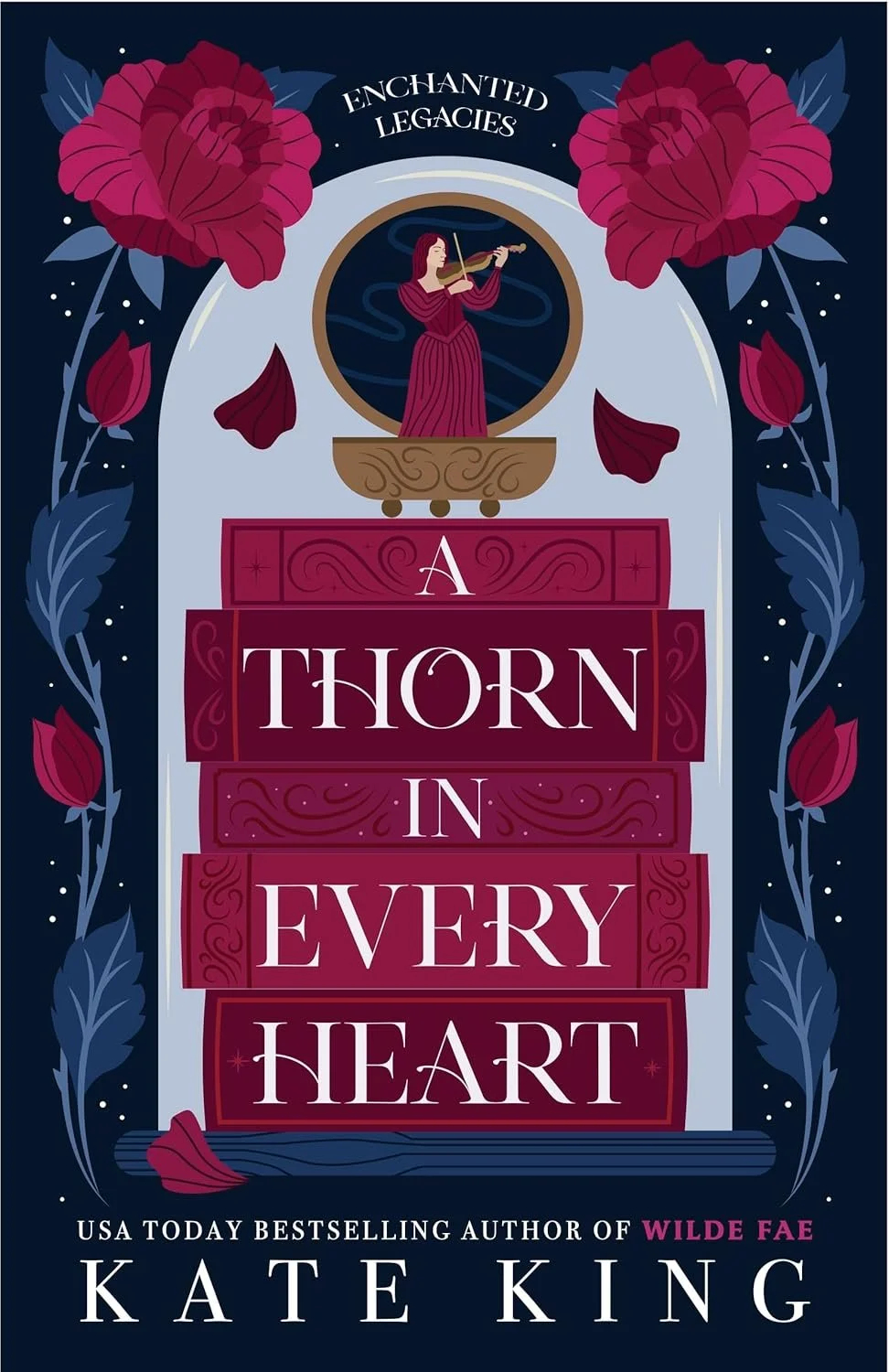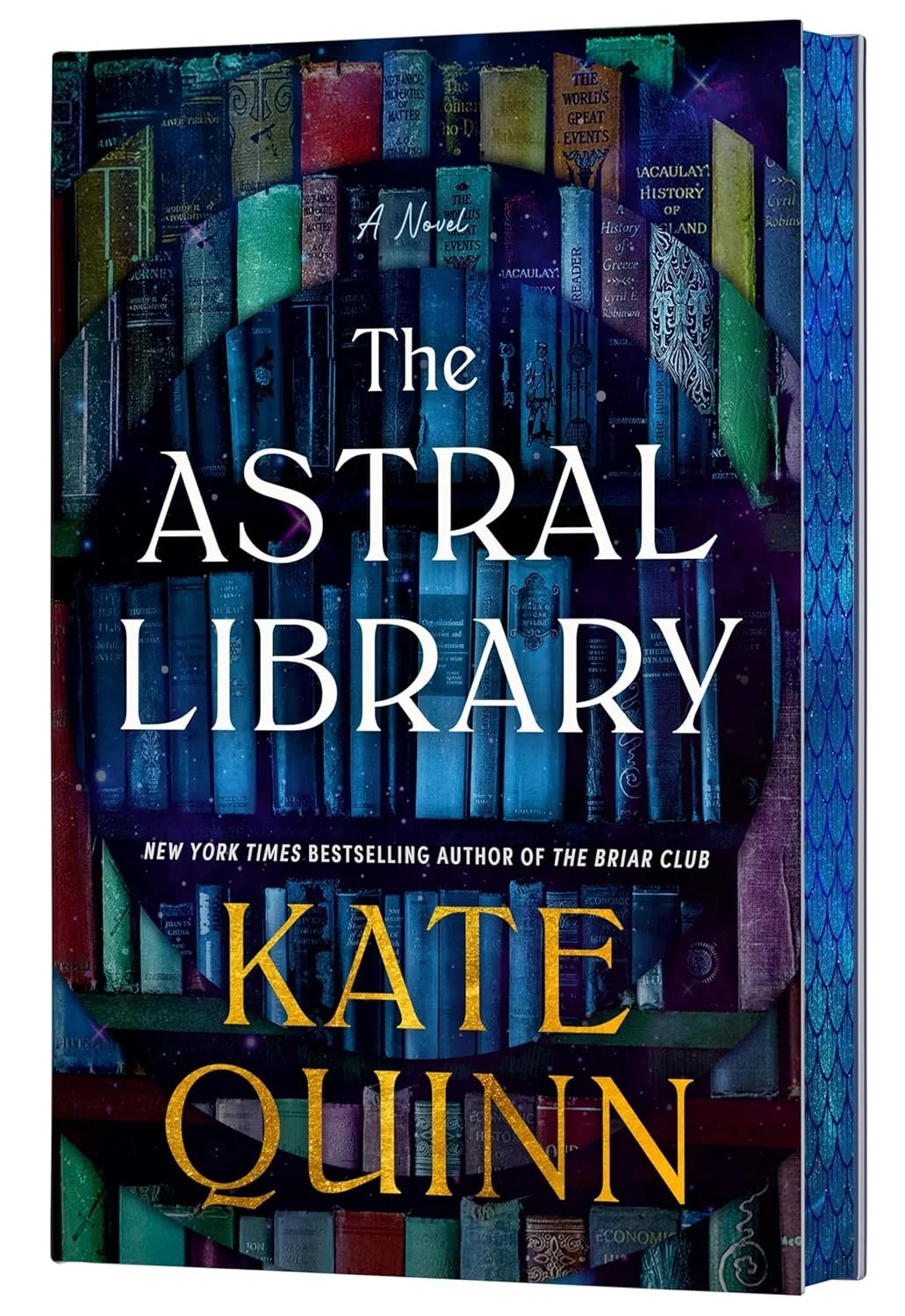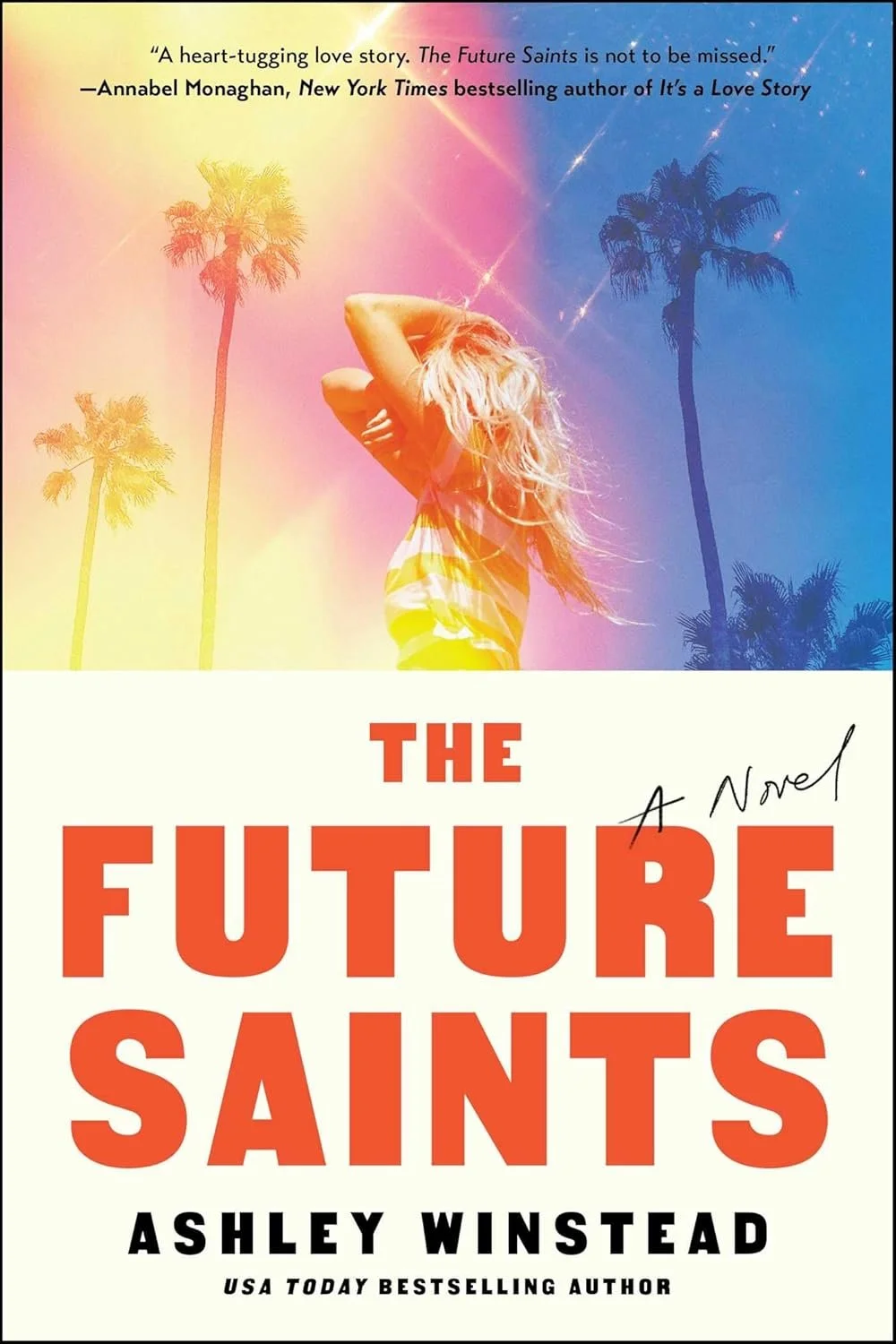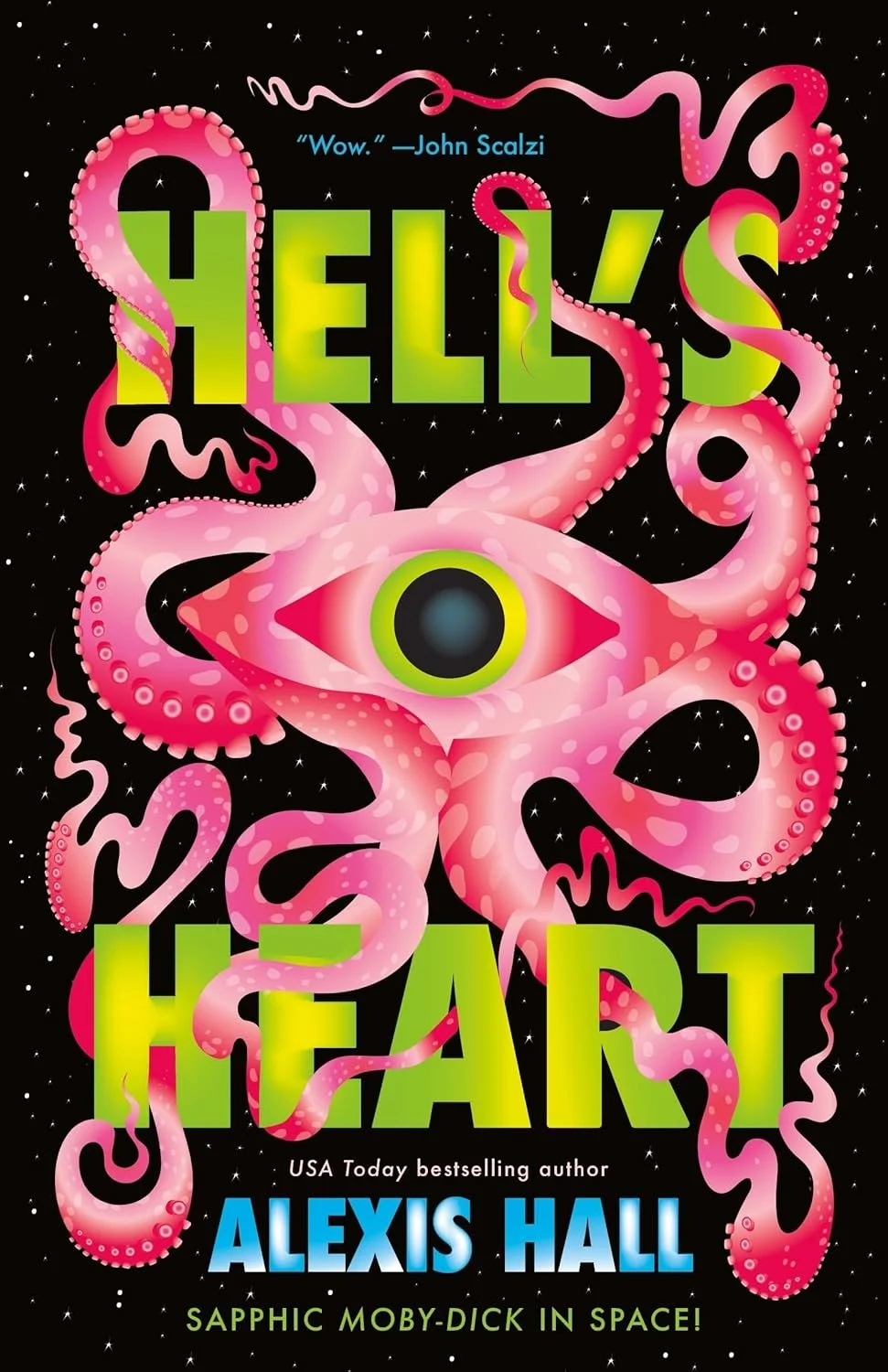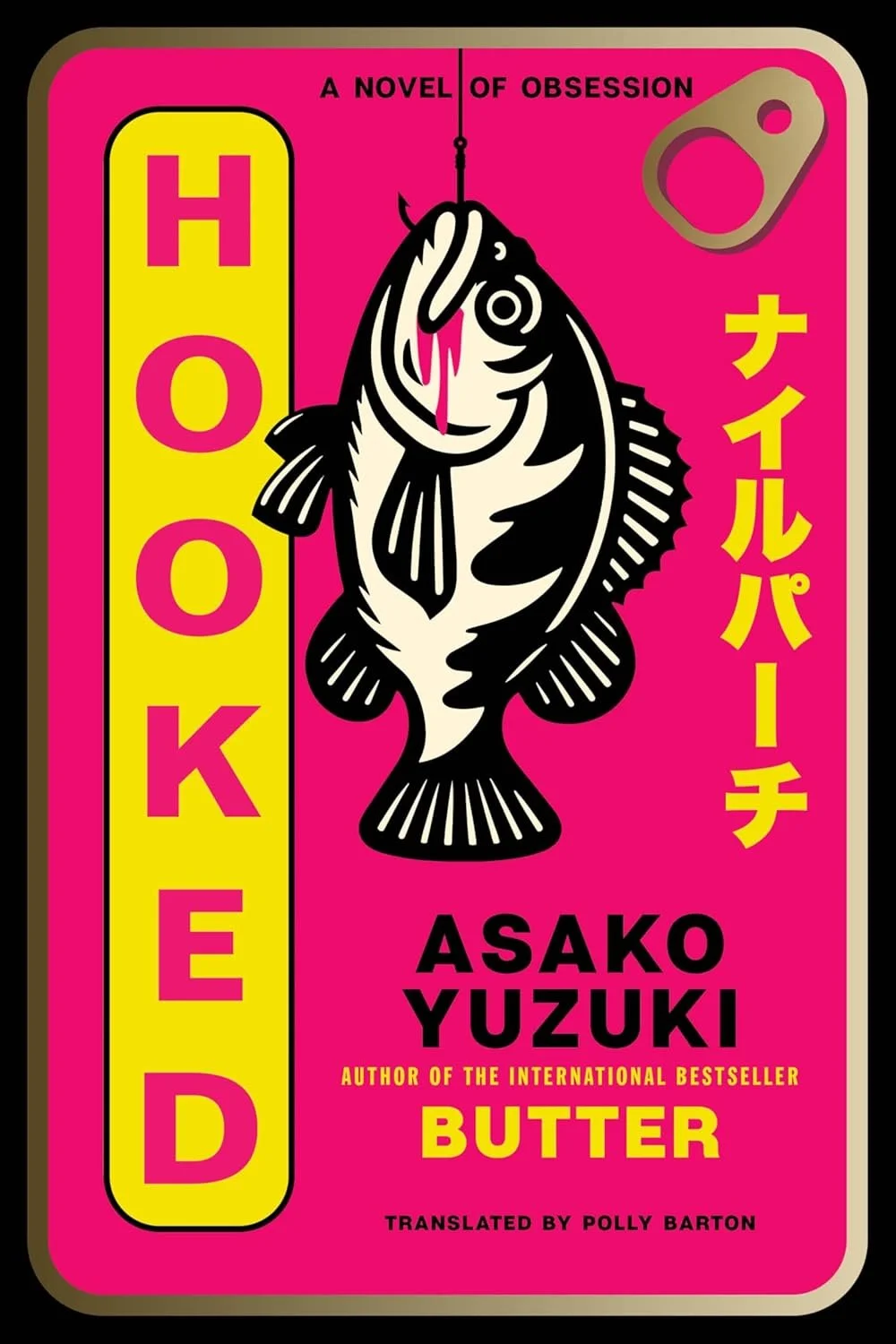Title: How Zoologists Organize Things: The Art of Classification
Author: David Bainbridge
Publisher: Frances Lincoln 2020
Genre: Nonfiction - Science
Pages: 256
Rating: 5/5 stars
Reading Challenges: Seasonal TBR - Winter
Humankind’s fascination with the animal kingdom began as a matter of survival – differentiating the edible from the toxic, the ferocious from the tractable. Since then, our compulsion to catalogue wildlife has played a key role in growing our understanding of the planet and ourselves, inspiring religious beliefs and evolving scientific theories. The book unveils wild truths and even wilder myths about animals, as perpetuated by zoologists – revealing how much more there is to learn, and unlearn.
Long before Darwin, our ancestors were obsessed with the visual similarities and differences between the animals. Early scientists could sense there was an order that unified all life and formulated a variety of schemes to help illustrate this. This human quest to classify living beings has left us with a rich artistic legacy, from the folklore and religiosity of the ancient and Medieval world through the naturalistic cataloging of the Enlightenment to the modern, computer-generated classificatory labyrinth.
Now this is a book I can get behind. We are treated to a journey through time focusing on the classification of living (and sometimes nonliving) things. We get to learn about the major players in the various time periods. But what really made the book a winner for me was all the illustrations. Most of the book is taken up with illustrations from various scientists and time periods. We get to visually see the evolution of classification throughout the centuries. I spent very long periods of time just looking at all the little details within the illustrations. Lovely!
Next up on the TBR pile:
